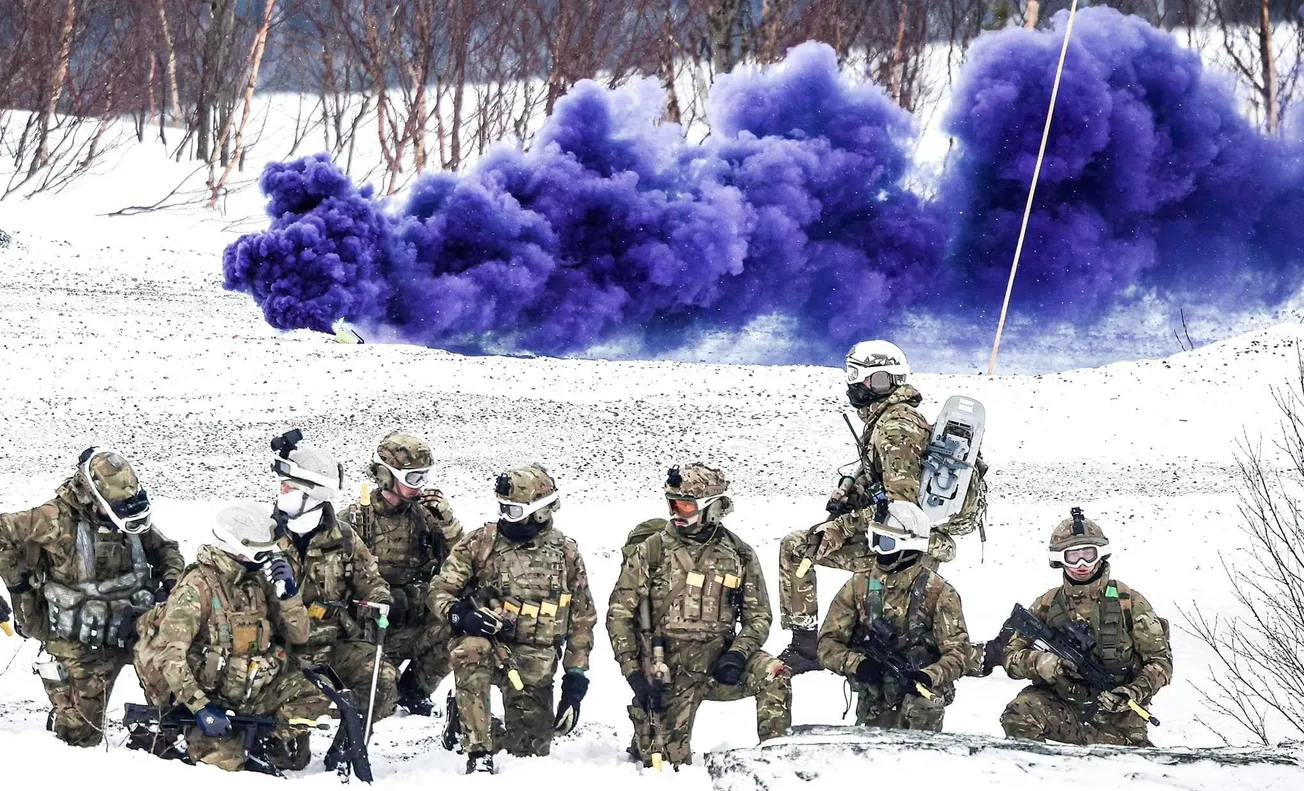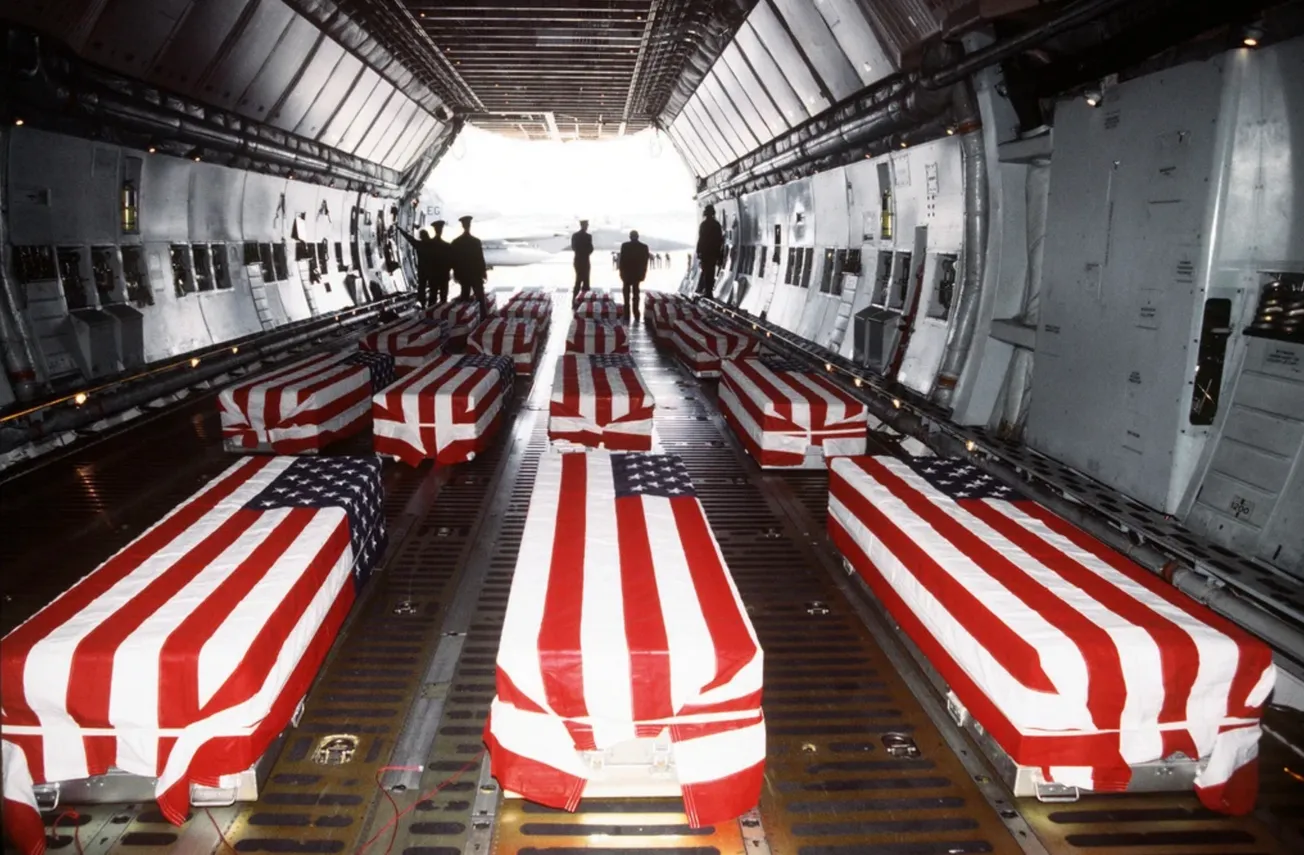The Times of London, following the March 29 New York Times 13,000-word article, “The Partnership: The Secret History of the War in Ukraine,” has decided to, in its lying way, admit that the Ukraine-Russia war is actually being run, not out of Kiev, but out of London and Wiesbaden, Germany.
The very title of The Times’ April 11 article, “The Untold Story of British Military Chiefs’ Crucial Role in Ukraine,” is untrue. As journalist Kit Klarenberg tweeted the same day the article appeared, “Pretty astonishing that nine days after my investigation into how Ukraine is a British-led proxy war, and London was central to Kiev’s disastrous 2023 counteroffensive, The Times publishes basically the same article with a bit more colour.” The Times article, nonetheless, does make it clear that the British military, from its Ministry of Defense to its various intelligence branches, was involved at every level in the “Ukraine-Russia” conflict just after (and therefore actually before) February 24’s beginning of Russia’s special military operation.
The Times also supplies a useful “rogues gallery” multiple-portrait graphic of the British, American and Ukrainian chiefs who were in the thick of deploying what is now being only faintly denied to have always been a NATO war against Russia, largely led, by British military personnel. The latter assertion—that the British were the thinkers designing the war—was, according to The Times, the perception of the Ukrainians. “While Britain’s unwavering support for its Eastern European ally has been no secret, the extent of its involvement and influence—last-minute dashes to Kiev, help forging battle plans and collecting vital intelligence on the Russians—has remained largely hidden. Until now. Behind closed doors, the Ukrainians refer to Britain’s military chiefs as the “brains” of the “anti-Putin” coalition, made up of America, the U.K., and dozens of other like-minded nations. Known for having the derring-do to deploy troops inside the country when no one else would, the U.K.’s role in the war has gone deeper than many observers may think.”



